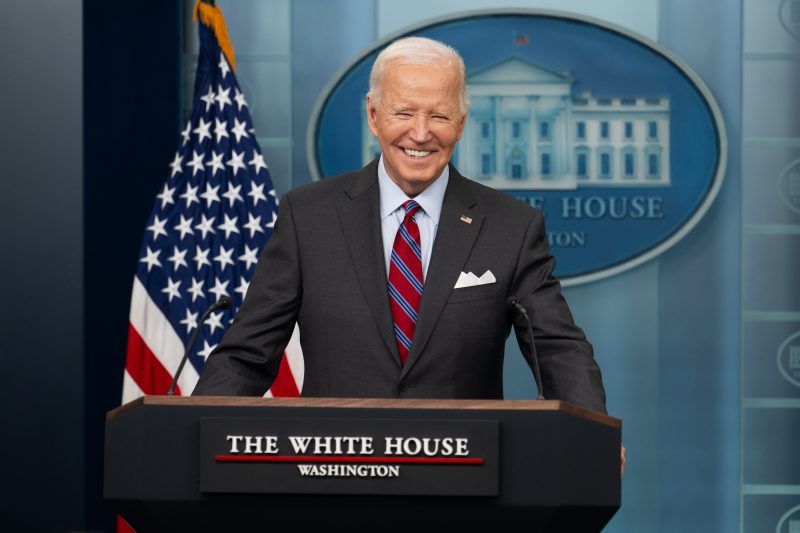In a recent turn of events, President Joe Biden publicly criticized Senator Marco Rubio for spreading misinformation regarding the legitimacy of the solid jobs report released by the Bureau of Labor Statistics. Commenting on Rubio’s claim that the positive employment figures were fabricated, the president reaffirmed the accuracy and credibility of the report during a press briefing at the White House.
Rubio’s assertion that the jobs report was fake perplexed many experts and policymakers, given the extensive process and methodology employed by the Bureau of Labor Statistics to gather and analyze employment data. The agency’s findings are considered to be one of the most reliable indicators of the country’s economic health, influencing various policy decisions at both the federal and state levels.
President Biden’s decision to address Rubio’s false claim reflects a growing trend of political figures using misinformation as a tool to further their own agendas. In an era where misinformation spreads rapidly through social media and other platforms, it is crucial for leaders to uphold the truth and hold their peers accountable for spreading falsehoods.
Moreover, the president’s response to Rubio’s claim serves as a reminder of the importance of data integrity and transparency in policymaking. By challenging baseless accusations and reaffirming the credibility of official reports and statistics, President Biden demonstrates a commitment to evidence-based decision-making and accountability in government.
As the political landscape continues to be shaped by misinformation and divisive rhetoric, it is essential for leaders and citizens alike to prioritize facts over fiction and engage in constructive dialogue based on reality. President Biden’s stance on the jobs report controversy sets a precedent for responsible leadership and a commitment to upholding the truth in public discourse.

